Contents
Guide
A meticulously researched and enraging account of a police force rotten to its core. Shane Bauer, New York Times bestselling author of American Prison: A Reporters Undercover Journey into the Business of Punishment
The Riders Come Out at Night
Brutality, Corruption, and Cover Up in Oakland
Ali Winston & Darwin BondGraham

An Imprint of Simon & Schuster, Inc.
1230 Avenue of the Americas
New York, NY 10020
www.SimonandSchuster.com
Copyright 2023 by Antonio Ali Winston and Darwin BondGraham
All rights reserved, including the right to reproduce this book or portions thereof in any form whatsoever. For information, address Atria Books Subsidiary Rights Department, 1230 Avenue of the Americas, New York, NY 10020.
First Atria Books hardcover edition January 2023
 and colophon are trademarks of Simon & Schuster, Inc.
and colophon are trademarks of Simon & Schuster, Inc.
For information about special discounts for bulk purchases, please contact Simon & Schuster Special Sales at 1-866-506-1949 or .
The Simon & Schuster Speakers Bureau can bring authors to your live event. For more information or to book an event, contact the Simon & Schuster Speakers Bureau at 1-866-248-3049 or visit our website at www.simonspeakers.com.
Interior design by Jill Putorti
Jacket design by Chelsea McGuckin
Jacket photographs by Adobe Stock and Getty Images
Library of Congress Cataloging-in-Publication Data
Names: Winston, Ali, author. | BondGraham, Darwin, author.
Title: The riders come out at night : brutality, corruption, and cover up in Oakland / Ali Winston and Darwin BondGraham.
Description: First Atria Books hardcover edition. | New York : Atria Books, 2023. | Includes bibliographical references and index.
Identifiers: LCCN 2022016023 (print) | LCCN 2022016024 (ebook) | ISBN 9781982168599 (hardcover) | ISBN 9781982168605 (paperback) | ISBN 9781982168612 (ebook)
Subjects: LCSH: Police brutalityCaliforniaOakland. | Police corruptionCaliforniaOakland. | Police misconductCaliforniaOakland. | Criminal justice, Administration ofCaliforniaOakland.
Classification: LCC HV7936.P725 W56 2023 (print) | LCC HV7936.P725 (ebook) | DDC 363.2/30979466dc23/eng/20220706
LC record available at https://lccn.loc.gov/2022016023
LC ebook record available at https://lccn.loc.gov/2022016024
ISBN 978-1-9821-6859-9
ISBN 978-1-9821-6861-2 (ebook)
To our parents
PROLOGUE
American law enforcement is broken. Local and state governments spend more than $100 billion annually to operate eighteen thousand police and sheriffs departments, yet crime remains an intractable problem. Millions of people are arrested each year, filling the worlds largest network of prisons and jails, but meaningful rehabilitation has never been achieved. Even when this system operates optimallywhen police abide by the letter and spirit of constitutional lawit still produces disturbingly unequal outcomes. Black communities, in particular, have been harmed by policing since the dawn of the institution.
Corruption, brutality, secrecy, and racism have always shaped policing. Because of the inordinate power bestowed on law enforcement, these abuses cause immense damage to society.
This is why tens of millions of Americans, and people around the world, marched in the streets in the summer of 2020amidst a global pandemicto call for an end to police killings of Black people, and a reimagining of public safety. The street demonstrations following the murder of George Floyd, a forty-six-year-old Black man whose neck was knelt on by a Minneapolis police officer for over eight minutes because he was suspected of buying cigarettes with a counterfeit twenty-dollar bill, were estimated to be the largest in the nations history.
Without a doubt, Americans want fundamental change. But can policing be fixed?
Since the mid-1990s, the primary tool to reform law enforcement has been the consent decree: a court-enforced agreement requiring a police department to overhaul itself under the supervision of external monitors. This legalistic mechanism, authorized by Congress in the wake of the outrage over Rodney Kings beating by Los Angeles cops in 1991 and the devastating riots following their acquittal a year later, focuses on reducing uses of force, police shootings, racial profiling, choke holds, and more. The results have been distinctly mixed.
Some of the first consent decrees in cities such as Pittsburgh (1997), Washington, DC (2001), and Cincinnati (2001) showed promise by changing long-held police practices and reducing police shootings. More recent interventions in cities like Portland, Oregon (2015), Albuquerque (2015), Ferguson, Missouri (2016), Baltimore (2017), and Chicago (2019) came on the heels of controversial police killings and verified the lived experiences of overpoliced communities by revealing the multitude of ways that law enforcement systematically abuses the poor.
But ask residents of these cities if they would consider their police forces fixed, and many will tell you that real change remains to be seen.
These cities and others have struggled with violent, bigoted, unaccountable police whose behavior is often sheltered, protected, and even condoned by police brass, local politicians, prosecutors, and judges. When reforms do happen, they are rarely incorporated into an agencys culture, which is often driven by a reactionary ethos passed down through generations of rank-and-file cops. Most of the dozens of consent decrees pursued by the US Department of Justice ran their course in just a few years. Policies were rewritten, officers retrained, and the monitors packed up and left. Resistance to change imposed from outsiders, especially civilians, is baked into police culture in the United States. Backsliding is commonplace. New abuses constantly surface.
Outside the halls of government, policing has been challenged by protest movements against law enforcement corruption and brutality. Led by those most impacted, including Black, Latino, and LGBTQ communities, most major cities have seen sustained campaigns demanding change. At times, these have taken the form of riotsthe language of the unheard, as per Dr. Martin Luther King Jr. The Los Angeles neighborhood of Watts exploded in 1965. Detroit in 1967. San Francisco in 1979. Miami burned in 1980. Los Angeles in 1992. Cincinnati erupted in 2001. The more recent flare-ups in Ferguson and Minneapolis are only two of the latest examples of the thousands of rebellions against police abuses in small towns and big cities since the mid-1960s.
More often, community resistance to police violence is less explosive, involving grueling campaigns by grassroots activists advancing demands such as the prosecution of violent officers, stripping departments of militarized weapons, and the establishment of strong civilian oversight boards.
Still, the police remain unreformed. Each year, new scandals erupt in cities large and small, exposing more than just a few bad apples. A rotten system continues to degrade the US Constitution by brutalizing and abusing marginalized communities. The stakes are incredibly high. Although many Americans still believe the police are necessary to defend life and property and to apprehend violators of the law, confidence in law enforcement dropped to a record low of 48 percent in 2020. The crisis of policing is a crisis of governmental legitimacy. And the results of this crisis are the ruined lives of victims of police brutality and corruption, and the intractable public safety problems that police can never solve on their own.


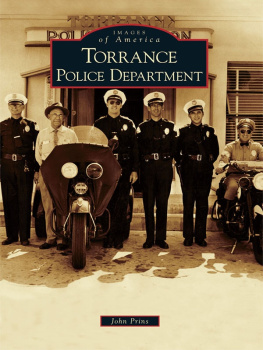
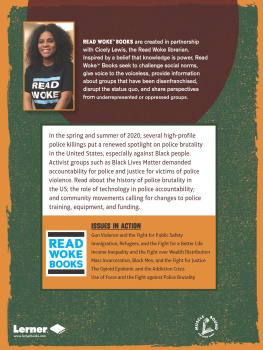

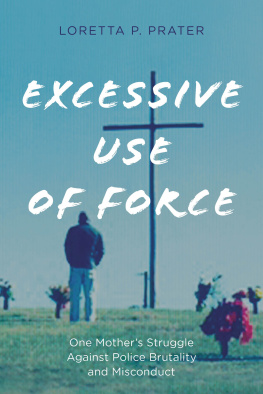

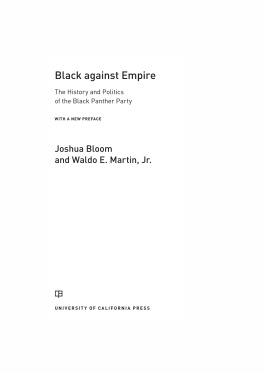
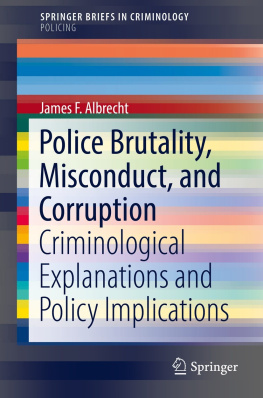
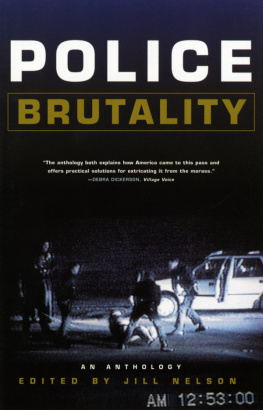
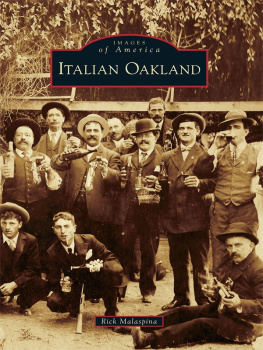
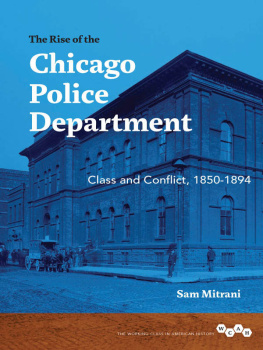
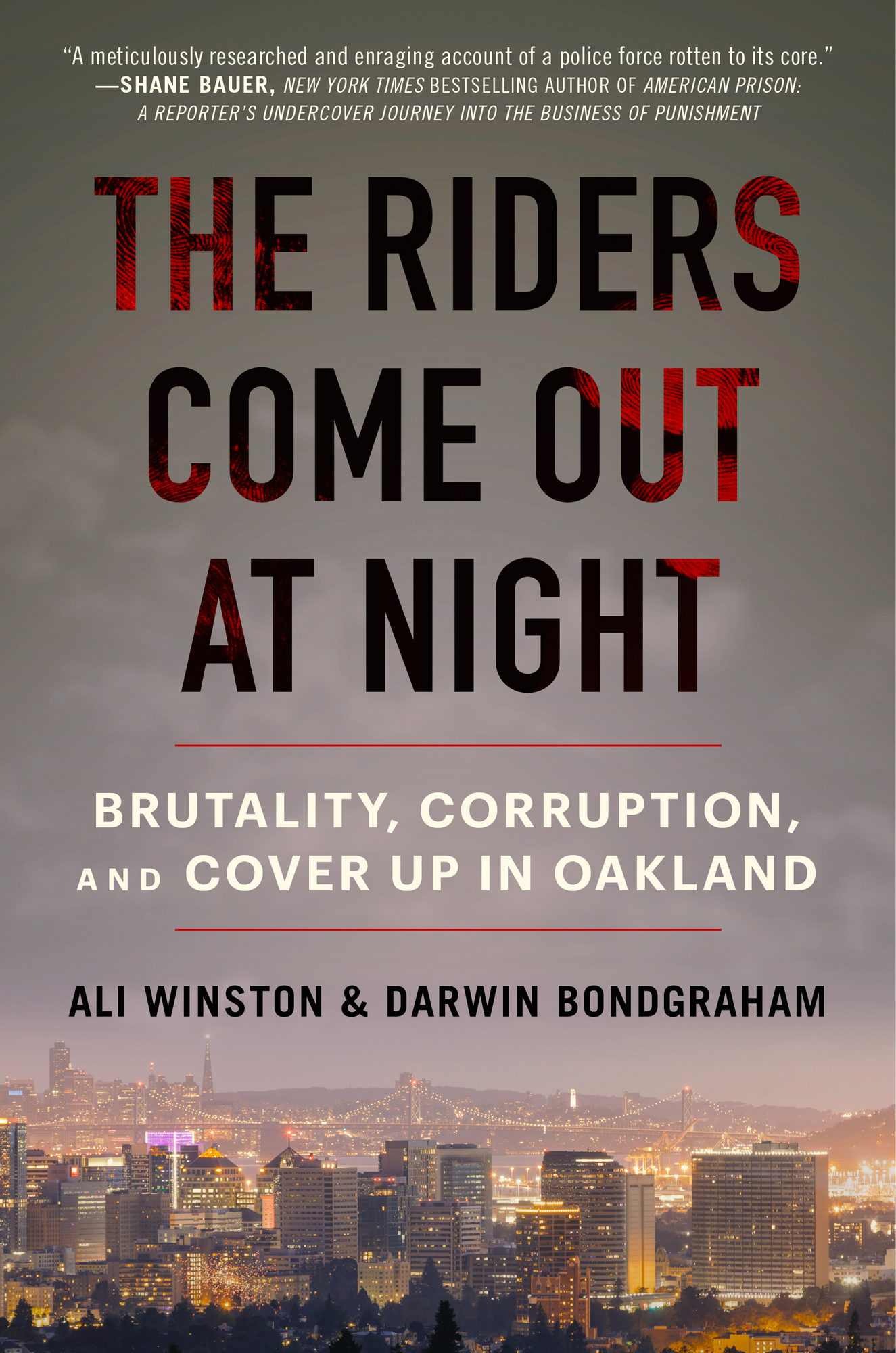


 and colophon are trademarks of Simon & Schuster, Inc.
and colophon are trademarks of Simon & Schuster, Inc.